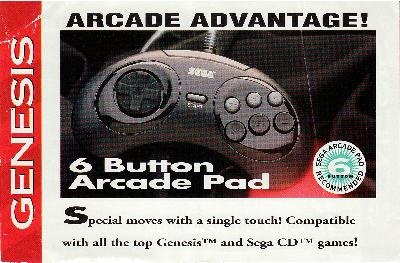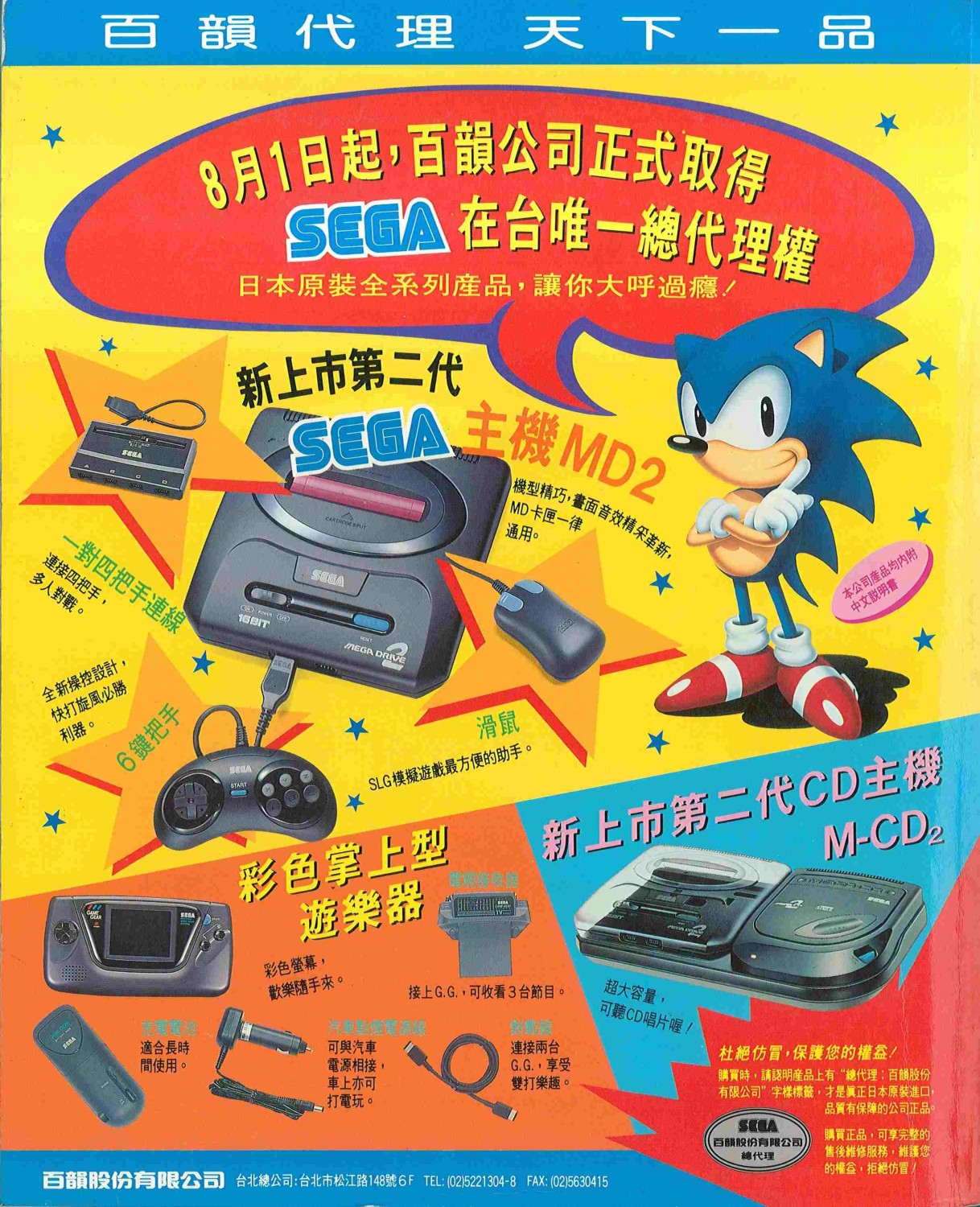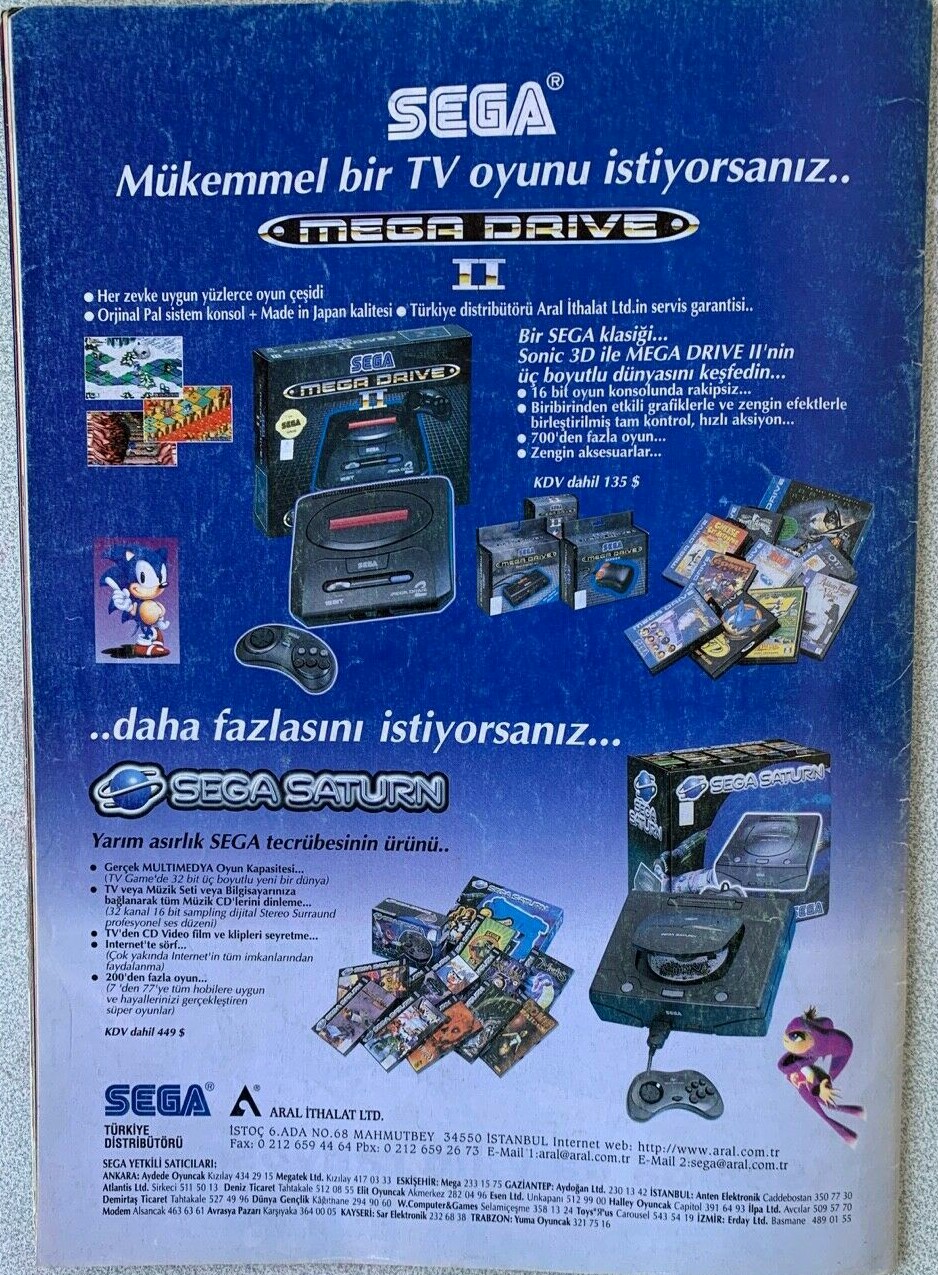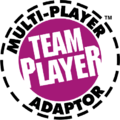Team Player
From Sega Retro
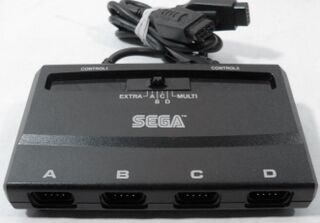
| |||||||||||||||||||||||||||||||||||||||||||||||||||||||
| Team Player/Multiplayer/Sega Tap | |||||||||||||||||||||||||||||||||||||||||||||||||||||||
|---|---|---|---|---|---|---|---|---|---|---|---|---|---|---|---|---|---|---|---|---|---|---|---|---|---|---|---|---|---|---|---|---|---|---|---|---|---|---|---|---|---|---|---|---|---|---|---|---|---|---|---|---|---|---|---|
| Made for: Sega Mega Drive | |||||||||||||||||||||||||||||||||||||||||||||||||||||||
| Manufacturer: Sega Enterprises, Ltd. | |||||||||||||||||||||||||||||||||||||||||||||||||||||||
| Type: Multiplayer adapter | |||||||||||||||||||||||||||||||||||||||||||||||||||||||
|
This teeny-tiny article needs some work. You can help us by expanding it.
Team Player, known in Europe as the 4-Player Adaptor or Multiplayer (second model) and as the Sega Tap (セガタップ) in Japan, is a peripheral released by Sega for the Sega Mega Drive, allowing for up to four players to plug Mega Drive controllers into the unit for use in video games for four or more players. It is one of several solutions to combat the lack of controller ports, with the 4 Way Play and J-Cart attempting to achieve similar results.
Contents
Compatibility
- Note: The titles listed below are directly compatible with the Team Player in "MULTI" mode. 4 Way Play games are also compatible with the second revision's "EXTRA" mode.
Mega Drive
- ATP Tour Championship Tennis (1995)
- Barkley Shut Up and Jam 2 (1995)
- Chi Chi's Pro Challenge Golf (1993)
- College Football's National Championship (1994)
- College Football's National Championship II (1995)
- College Slam (1996)
- Columns III: Revenge of Columns (1993)
- Dino Dini's Soccer (1994)
- Dragon: The Bruce Lee Story (1994)
- ESPN National Hockey Night (1994)
- Fever Pitch Soccer (1995)
- FIFA International Soccer (?)
- From TV Animation Slam Dunk: Kyougou Makkou Taiketsu! (1995)
- Gauntlet IV (1993)
- Hyokkori Hyoutanjima: Daitouryou o Mezase! (1992)
- Hyper Dunk: The Playoff Edition (1994)
- International Superstar Soccer Deluxe (1996)
- J.League Pro Striker (1993)
- J.League Pro Striker 2 (1994)
- J.League Pro Striker Kanzenban (1993)
- The Lost Vikings (1993)
- Madden NFL '94 (1993)
- Mega Bomberman (1994)
- Micro Machines 2: Turbo Tournament (1994)
- NBA Action '94 (1994)
- NBA Action '95 Starring David Robinson (1995)
- NBA Hang Time (1996)
- NBA Jam (1994)
- NBA Jam Tournament Edition (1995)
- NBA Showdown '94 (1994)
- NCAA Final Four Basketball (1994)
- NFL '95 (1994)
- NFL 98 (1997)
- NFL Quarterback Club (1994)
- NFL Quarterback Club '96 (1995)
- Olympic Gold (1992)
- Party Quiz Mega Q (1993)
- Party Quiz Mega Q 2022 (2022)
- Party Quiz Sega Q (2022)
- Pepenga Pengo (1995)
- Prime Time NFL Football Starring Deion Sanders (1995)
- Pro Striker Final Stage (1995)
- Puzzle & Action: Ichidant-R (1994)
- Puzzle & Action: Tant-R (1993)
- Sega Sports 1 (1995)
- Street Racer (1995)
- Tiny Toon Adventures: ACME All-Stars (1994)
- Triple Play 96 (1995)
- Ultimate Soccer (1993)
- Unnecessary Roughness '95 (1994)
- Wayne Gretzky and the NHLPA All-Stars (1995)
- Wimbledon Championship Tennis (1993)
- World Championship Soccer II (1994)
- World Cup USA 94 (1994)
- Worms (1996)
- WWF Raw (1994)
- Yuu Yuu Hakusho: Makyou Toitsusen (?)
Mega-CD
- Bouncers (1994)
- Dungeon Explorer (1995)
- Dynamic Country Club (1991)
- ESPN National Hockey Night (1994)
- ESPN NBA Hangtime '95 (1994)
- Jeopardy! (1994)
- Mighty Mighty Missile! (2005)
- NBA Jam (1994)
- Wheel of Fortune (1994)
- World Cup USA 94 (1994)
32X
- Golf Magazine: 36 Great Holes Starring Fred Couples (1995)
- NBA Jam Tournament Edition (1995)
- NFL Quarterback Club (1994)
- WWF Raw (1994)
Versions
The original model of the Team Player (MK-1654) and its international equivalents use a single connector cable, leaving an additional port on the console free for a fifth player. Alternatively, the second port could house a further Team Player, for up to 8 simultaneous players. When not in "MULTI" mode, the Team Player's switch can be used to specify which controller is mapped to the Mega Drive's first controller port, so that the player is able to switch between control pads and the Sega Mouse without detaching or connecting controllers. This original version competed directly with Electronic Arts's 4 Way Play for support, with many of that publisher's titles supporting only their adapter, while other publishers preferred Sega's device.
To resolve this split in the platform's user base, Sega released a second Team Player model (MK-1647) which features two connector cables and support for EA's previously "exclusive" games. To use the "EXTRA" mode which supports these titles, both connectors must be plugged into the Mega Drive's controller ports, while Team Player-compatible titles still need only one connector inserted, as in the original model. The improved software compatibility and the use of cables rather than connectors molded directly into the adapter put the MK-1647 at an advantage over the 4 Way Play, which required both controller ports to be the same distance apart (thus preventing it from working with the CDX or X'eye).
History
During development, the internal IO Check Program software was used to test the various inputs accepted by the peripheral.[7]
Localised names
| Language | Localised Name | English Translation |
|---|---|---|
| English | 4-Player Adaptor | 4-Player Adaptor |
| English (US) | Team Player | Team Player |
| Japanese | セガタップ | Sega Tap |
Magazine articles
- Main article: Team Player/Magazine articles.
Promotional material
Photo gallery
Physical scans
| Sega Retro Average | |||||||||
|---|---|---|---|---|---|---|---|---|---|
|
| 85 | |
|---|---|
| Based on 1 review | |
| Mega Drive, AS† |
|---|
|
External links
References
- ↑ http://sega.jp/fb/segahard/md/segatap.html (Wayback Machine: 2013-02-14 04:22)
- ↑ 2.0 2.1 GamePro, "December 1993" (US; 1993-xx-xx), page 236
- ↑ Sega FY 1997 Brand Review, page 3
- ↑ 4.0 4.1 Sega Magazine, "January 1994" (UK; 1993-12-10), page 124
- ↑ Mega Power, "April 1994" (UK; 1994-03-24), page 68
- ↑ Sega Magazin, "August 1994" (DE; 1994-07-13), page 79
- ↑ File:IOCheckProgram MD US title.png
- ↑ GamePro, "November 1994" (US; 1994-xx-xx), page 133
- ↑ Sega Visions, "December/January 1994/1995" (US; 1994-xx-xx), page 3
- ↑ Sega Visions, "February/March 1995" (US; 199x-xx-xx), page 81
- ↑ Sega Visions, "May 1995" (US; 1995-xx-xx), page 85

